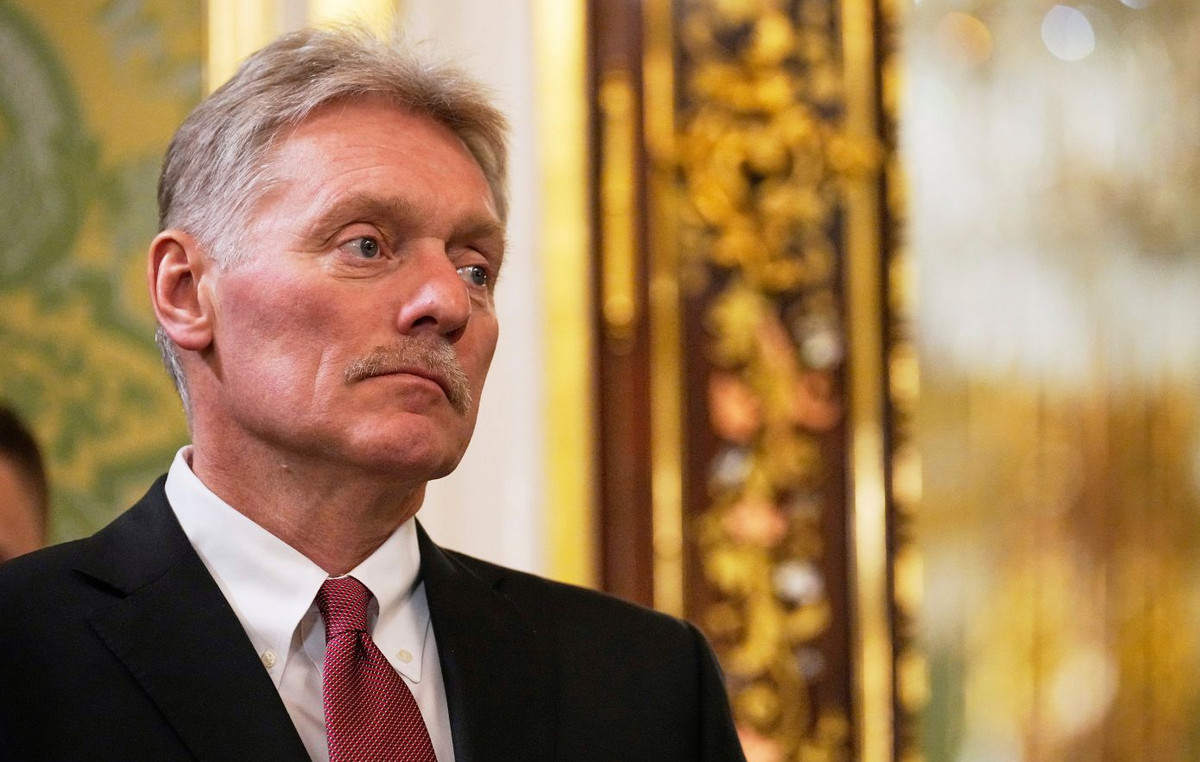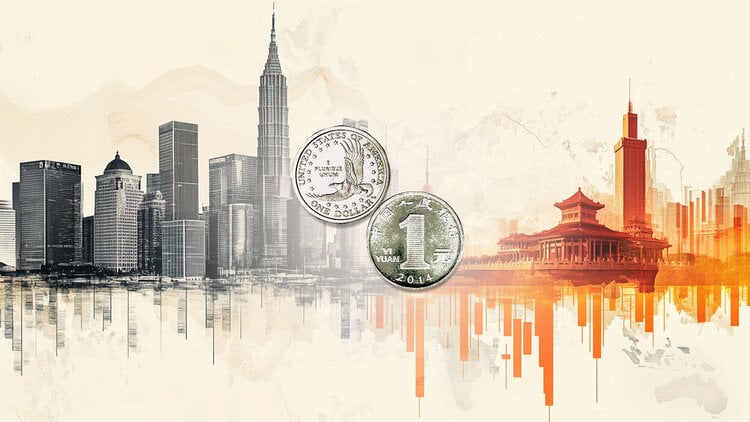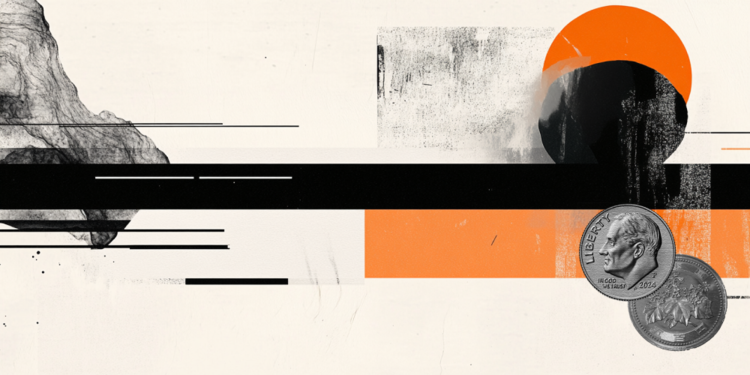European Central Bank policymaker Joachim Nagel said on Tuesday that “the big wave of inflation is over,” adding that he will not decide whether to vote to cut rates in September until next week, according to Reuters.
Key quotes
I won’t really make a decision until the ECB Governing Council meeting next week, when I have a full overview of all the data.
Inflation was on the right track.
We should not be too quick to celebrate and congratulate ourselves.
We must remain vigilant and keep an eye on the risks on the path back to stable prices.
Market reaction
At the time of writing, the EUR/USD pair was up 0.04% on the day at 1.1048.
ECB FAQs
The European Central Bank (ECB), based in Frankfurt, Germany, is the reserve bank of the Eurozone. The ECB sets interest rates and manages monetary policy in the region.
The ECB’s main mandate is to maintain price stability, which means keeping inflation at around 2%. Its main tool for achieving this is to raise or lower interest rates. Relatively high interest rates usually translate into a stronger Euro, and vice versa.
The ECB’s Governing Council takes monetary policy decisions at meetings held eight times a year. Decisions are taken by the heads of the euro area’s national banks and six permanent members, including ECB President Christine Lagarde.
In extreme situations, the European Central Bank can put in place a policy tool called Quantitative Easing. QE is the process by which the ECB prints Euros and uses them to buy assets (usually government or corporate bonds) from banks and other financial institutions. The result is usually a weaker Euro.
QE is a last resort when simply lowering interest rates is unlikely to achieve the objective of price stability. The ECB used it during the Great Financial Crisis of 2009-11, in 2015 when inflation remained stubbornly low, as well as during the coronavirus pandemic.
Quantitative tightening (QT) is the reverse of QE. It takes place after QE, when the economic recovery is underway and inflation starts to rise. While in QE the European Central Bank (ECB) buys government and corporate bonds from financial institutions to provide them with liquidity, in QT the ECB stops buying more bonds and stops reinvesting the maturing principal of the bonds it already owns. It is usually positive (or bullish) for the Euro.
Source: Fx Street
I am Joshua Winder, a senior-level journalist and editor at World Stock Market. I specialize in covering news related to the stock market and economic trends. With more than 8 years of experience in this field, I have become an expert in financial reporting.







